When it comes to supplements, creatine is a popular topic of discussion among fitness enthusiasts and individuals looking to enhance their physical performance. One common question that arises is whether it’s acceptable to take creatine without engaging in regular workouts.
This inquiry explores the potential benefits and considerations surrounding creatine consumption independent of exercise. Exploring this topic can provide valuable insights for those interested in optimizing their supplementation routine and understanding the impact of creatine on the body in various contexts.
What is Creatine?
Creatine is a naturally occurring compound that plays a key role in the production of energy during high-intensity, short-duration activities such as weightlifting, sprinting, and other explosive movements. It is synthesized in the body from amino acids and primarily stored in muscle tissues, where it acts as a rapid energy reserve to support muscular performance. Additionally, creatine can also be obtained through dietary sources such as red meat and seafood.
Supplementation with creatine has been widely utilized by athletes and fitness enthusiasts to enhance strength, power, and overall exercise performance. Its ability to increase the availability of adenosine triphosphate (ATP), the primary energy currency of cells, contributes to improved muscle output and recovery. As such, creatine is a popular ergogenic aid known for its potential to optimize physical performance across various athletic disciplines.
Is It Okay to Take Creatine Without Working Out?
Yes, It is possible to take creatine without working out. Creatine can still be absorbed and stored in the muscles, potentially leading to increased muscle hydration and a slight increase in muscle size, even in the absence of exercise. Additionally, there may be other non-training benefits associated with creatine supplementation, such as cognitive enhancement and potential strength gains.
However, it’s important to note that the primary role of creatine remains linked to muscle growth and recovery, which are typically associated with physical activity.

Why is Creatine So Popular for Working Out?
Creatine is popular for working out due to its potential to supply energy to muscles, enhance muscle mass and strength, improve exercise efficiency, and potentially support brain health.
Here are the reasons why creatine is popular for working out, presented in bullet points for clarity:
- Increased Energy Production: Creatine helps regenerate ATP, the body’s primary energy molecule, enabling muscles to perform high-intensity exercise more effectively.
- Enhanced Muscle Strength and Power: Research suggests that creatine supplementation can lead to significant improvements in muscle strength and power output, which translates to enhanced athletic performance.
- Improved Exercise Efficiency: By aiding in the resynthesis of ATP, creatine supports quicker energy regeneration during intense workouts, potentially reducing fatigue and enhancing overall exercise efficiency.
- Muscle Mass and Recovery: Creatine may promote muscle hypertrophy, aiding in the development of lean muscle mass, while also potentially facilitating faster post-exercise muscle recovery.
- Blood Sugar Regulation: Some studies indicate that creatine supplementation could have a positive impact on blood sugar regulation, which is relevant for sustained energy levels during workouts.
- Potential Cognitive Benefits: Research suggests that creatine may support cognitive function, potentially benefiting mental focus and overall performance during workouts.
These factors contribute to the popularity of creatine among individuals engaged in physical training and exercise regimens.
Can You Take Creatine Without Working Out? (Pros & Cons)
| Pros of Taking Creatine Without Working Out | Cons of Taking Creatine Without Working Out |
|---|---|
| May support cognitive function and brain health | Potential weight gain due to water retention in muscles |
| Could aid in managing certain health conditions, such as type 2 diabetes | Possible gastrointestinal discomfort for some individuals |
| Some evidence suggests it may have neuroprotective properties | Increased risk of dehydration if water intake is inadequate |
| Can potentially benefit vegetarians and vegans who have lower natural creatine stores | Risk of unutilized energy, as creatine primarily supports high-intensity exercise |
| May contribute to improved muscle recovery even in the absence of structured workouts | Limited potential to capitalize on creatine’s performance-enhancing effects without physical activity |
It’s important to note that individual responses to creatine supplementation can vary, and consulting with a healthcare professional is recommended before starting any new supplement regimen.
Benefits Of Taking Creatine Without Working Out
Here are the potential benefits of taking creatine without working out, along with detailed discussions for each benefit:
- Increased Muscle Size
- According to Dr. David Sandler, creatine can increase water content in muscle cells, potentially leading to a slight increase in muscle size even without exercise. However, it’s important to note that this effect is primarily due to water retention and not actual muscle growth. Therefore, while there may be a temporary increase in muscle size, it may not necessarily translate to significant muscle development or strength. Individuals must manage their expectations regarding the extent of muscle size increase when taking creatine without working out.
- Improved Fatigue Resistance and Strength for Older Adults
- One review found that creatine benefits older adults, including improvements in fatigue resistance and strength. This suggests that creatine supplementation could potentially support overall physical function and vitality in aging individuals, even in the absence of structured workouts. The potential for improved fatigue resistance and enhanced strength may contribute to maintaining independence and quality of life for older adults.
- Support for Energy Recharge
- Taking creatine on rest days can help recharge energy stores in muscles, even in the absence of physical activity. This means that creatine can potentially support the body’s energy metabolism and recovery processes, ensuring that muscles are adequately replenished for subsequent workouts. By aiding in energy recharge, creatine may contribute to overall physical readiness for future exercise sessions.
- Cognitive Support and Versatility
- Creatine is described as a versatile supplement that supports cognitive function, metabolism, and mood. This suggests that individuals who take creatine without engaging in regular workouts may still potentially benefit from its cognitive support properties. The versatile nature of creatine highlights its potential to positively impact various aspects of overall well-being, beyond just physical performance.
- Potential Muscle Growth and Metabolism Support
- Studies indicate that regularly taking creatine, combined with weightlifting and exercising, can help increase muscle growth in individuals aged 18 to 30 years. While this benefit specifically references the combination of creatine supplementation with exercise, it underscores the potential for creatine to support muscle development and metabolism, which could have implications for individuals who are not currently engaged in structured workouts.
Best Creatine Supplements for Growth
Here are some of the top creatine supplements for body growth.
Thorne Creatine Monohydrate
Noted as the best overall creatine supplement, Thorne Creatine Monohydrate is highly regarded for its quality and effectiveness.
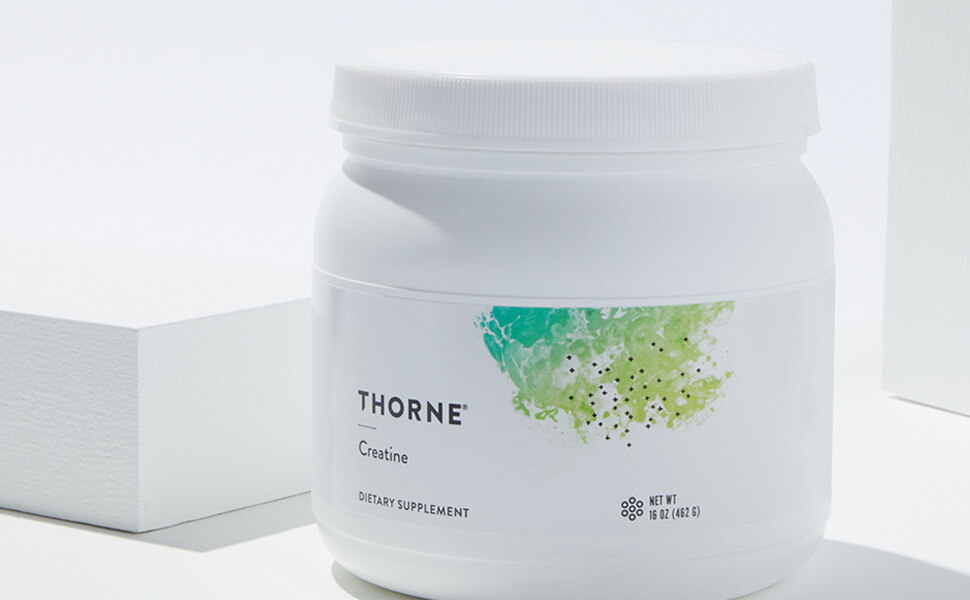
Optimum Nutrition Micronized Creatine Monohydrate Powder
This creatine supplement is highlighted for its value and quality, making it a popular choice among consumers.
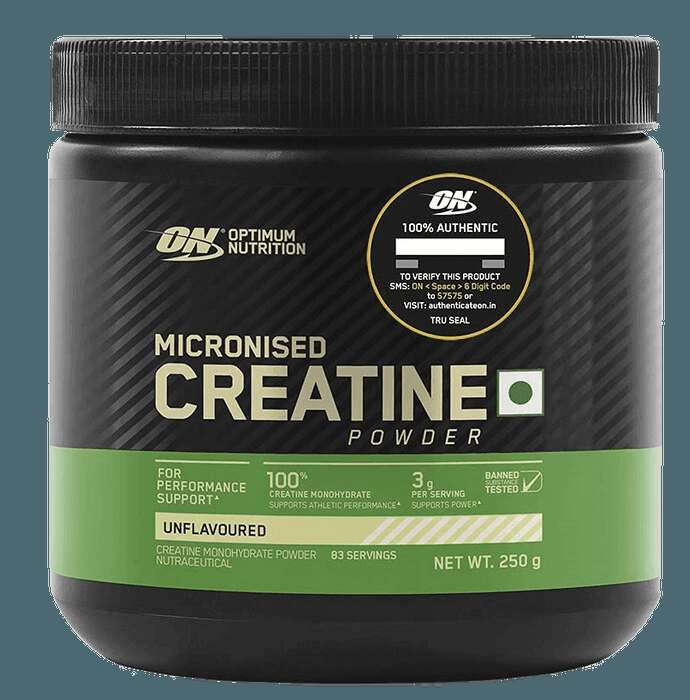
Onnit Creatine Monohydrate
Onnit Creatine Monohydrate stands out as a standout choice, holding the Informed-Sport Certification, which emphasizes its quality and safety.
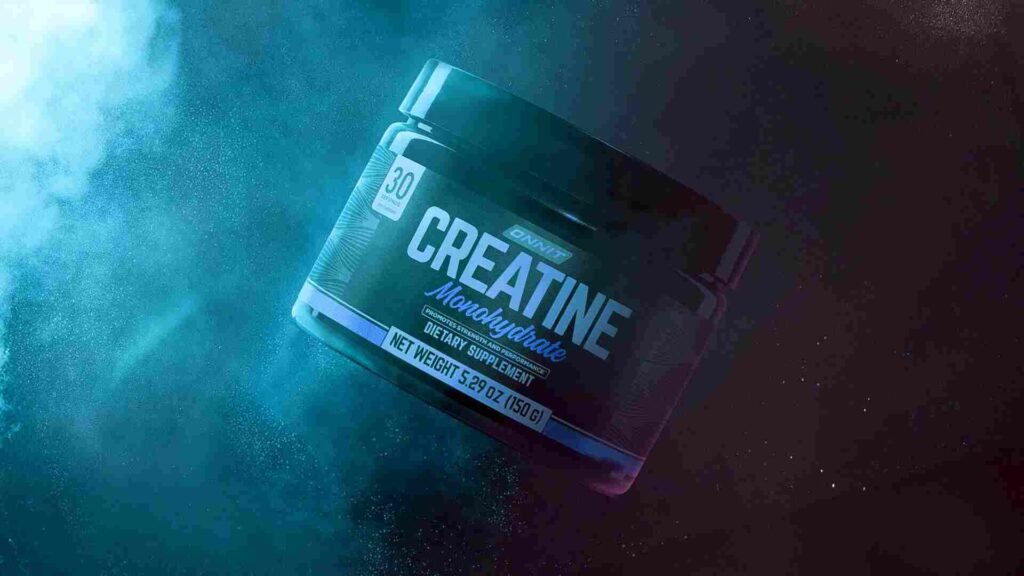
Transparent Labs Creatine HMB
Recognized as the best overall creatine supplement, Transparent Labs Creatine HMB is favored for its comprehensive benefits and quality formulation.
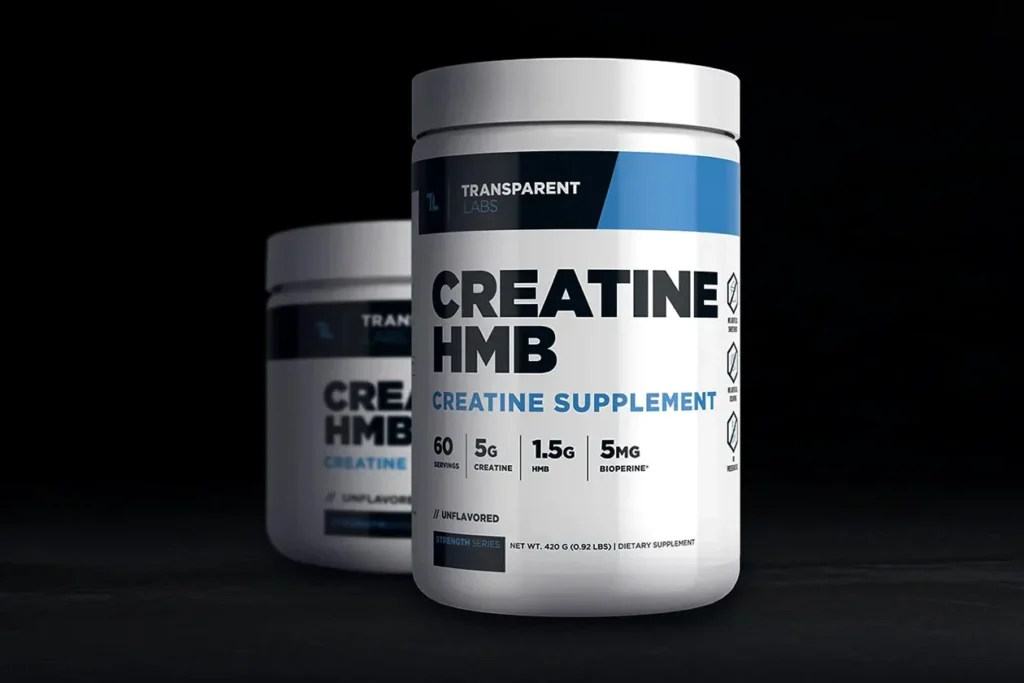
Klean Athlete Klean Creatine
This creatine supplement is highlighted for its non-additive monohydrate powder with a solid dosage, making it a consideration for those seeking a reliable option.
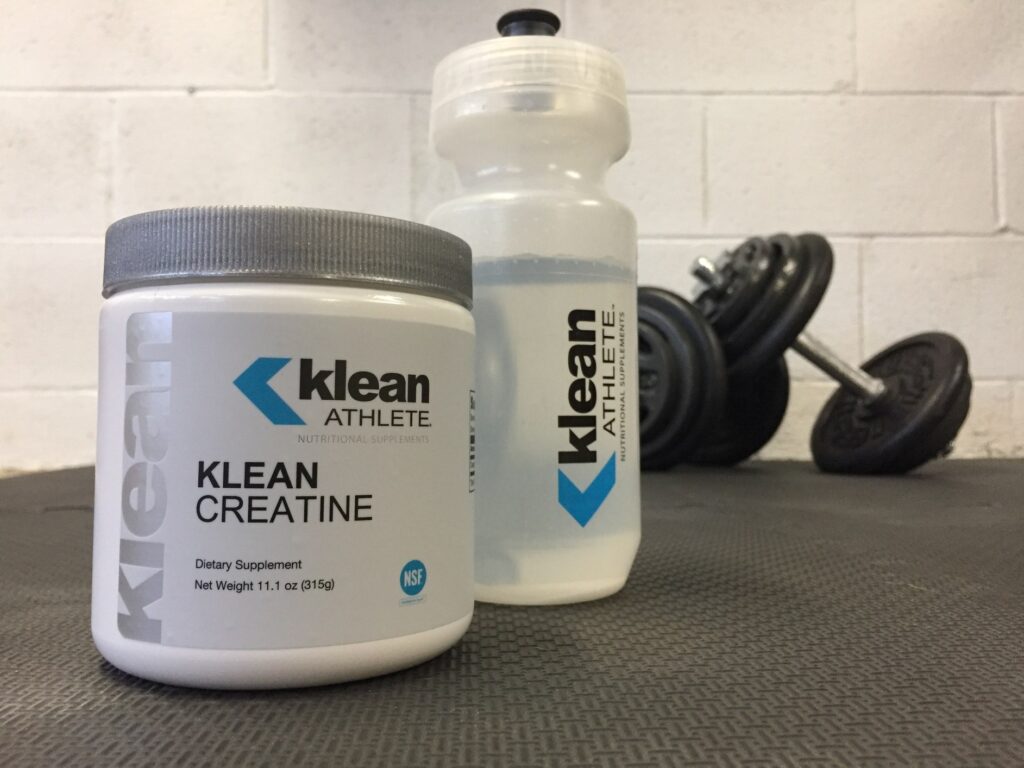
These top creatine supplements offer a range of options to cater to different preferences and needs, ensuring consumers have access to quality products for their fitness and wellness goals.
Effects of Taking Creatine Without Working Out
- Muscle Absorption and Storage
- If you take creatine without working out, your muscles will still absorb and store creatine, with excess amounts being excreted through urine. This indicates that the muscles can still benefit from creatine supplementation, even in the absence of exercise.
- Benefits for Older Adults
- One review found that creatine benefits older adults, including improvements in fatigue resistance, strength, muscle mass, and bone mineral density. This suggests that creatine supplementation could have positive effects on overall physical function and vitality, particularly for aging individuals who may not engage in regular workouts.
- Energy Recharge on Rest Days
- Taking creatine on rest days can help recharge energy stores in muscles, even when not working out. This implies that creatine supplementation may support the body’s energy metabolism and recovery processes, contributing to overall physical readiness for future exercise sessions.
- Versatility and Cognitive Support
- Creatine is described as quite versatile, supporting cognitive function, and metabolism, boosting mood, and more. This highlights its potential to positively impact various aspects of overall well-being, beyond just physical performance, which could be beneficial for individuals who are not engaging in regular workouts.
- Impact on Fat Metabolism and Physical Activity
- It’s noted that creatine contains no calories and has no impact on fat metabolism. Therefore, taking creatine without working out may not directly contribute to fat metabolism. Additionally, while taking creatine before a workout can provide an immediate energy boost, it may be unnecessary if one is not engaging in physical activity.
- Lack of Enhanced Muscle Growth Without Proper Stimulation
- Taking creatine without working out may not lead to enhanced muscle growth, as proper stimulation through exercise is typically necessary for significant muscle development. This emphasizes the importance of combining creatine supplementation with appropriate physical activity for optimal results.
- Immediate Energy Boost Unnecessary Without Physical Activity
- While taking creatine before a workout can provide an immediate energy boost, it is unnecessary if you’re not engaging in physical activity. This suggests that the immediate energy-boosting effects of creatine may not be relevant for individuals who are not actively exercising.

Possible Drawbacks Of Taking Creatine Without Working Out
- Increase in Body Weight: Taking creatine without exercise may lead to an increase in body weight due to the retention of water in muscle cells.
- Digestive Issues: Some individuals may experience digestive problems when taking creatine without engaging in regular workouts, potentially leading to gastrointestinal discomfort.
- Reduced Effectiveness: Without engaging in regular exercise, the intended benefits of creatine, such as improvements in strength, muscle mass, and fatigue resistance, may not be fully realized.
- Potential Health Risks: There are potential risks associated with taking creatine without working out, including dehydration, muscle cramps, and kidney-related issues.
Frequent Question Answers
| Question | Answer |
|---|---|
| What happens if you take creatine and do not workout? | Taking creatine without working out may lead to an increase in body weight due to water retention, potential digestive issues, reduced effectiveness of creatine benefits, and potential health risks. |
| Can I take creatine if I skip the gym? | It’s possible to take creatine on non-training days, but the benefits may be more pronounced when combined with regular exercise. |
| Does creatine build muscle without lifting? | Creatine may have a limited ability to build muscle without lifting, as its effects are typically optimized through resistance training. |
| Should I take creatine everyday? | It is generally safe to take creatine daily, with the recommended dosage being 3-5 grams per day. |
| Are creatine gains permanent? | The muscle gains achieved with creatine supplementation may not be entirely permanent and could diminish if creatine use is discontinued. |
| Is creatine useless without protein? | Creatine can still be effective without protein, as its primary function is to support cellular energy production during high-intensity activities. |
| How much water should I drink with creatine? | It’s recommended to drink ample water when taking creatine, aiming for 8-16 ounces of water per 5 grams of creatine. |
| Can I take creatine empty stomach? | Taking creatine on an empty stomach is acceptable, as it can still be absorbed effectively. |
| Is it OK to take creatine on rest days? | It’s acceptable to take creatine on rest days, as its benefits are not exclusively tied to workout days. |
Conclusion
In conclusion, taking creatine without working out may lead to an increase in body weight, potential digestive discomfort, and limited muscle-building benefits. While it’s feasible to take creatine on rest days, the full benefits are typically realized when combined with regular exercise.
Creatine can be consumed daily within the recommended dosage range, and its effects may diminish upon discontinuation. It’s important to consider individual goals and consult with a healthcare professional before beginning any new supplement regimen.
Sources
- Get Swoly – Taking Creatine Without Working Out: Is It Worth It?
- Performance Lab – Taking Creatine Without Working Out: A Good Idea?
- Welzo – Taking Creatine Without Working Out
- Torokhtiy – Can You Take Creatine Without Working Out?
- Active Wellness Journey – 5 Benefits of Engaging in Taking Creatine without Working Out






Leave a Reply